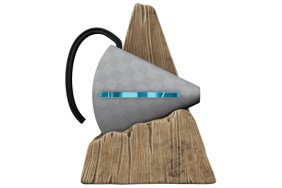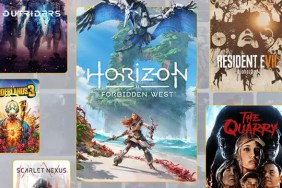Today has been an interesting day for PlayStation Plus. Following a big month in February where subscribers finally got Knack after years of clamoring, Sony announced that March will bring both Bloodborne and Ratchet & Clank to PS4 owners. That’s three major first-party releases in the space of two months. Having such a rousing month of games might have been to soften the…






